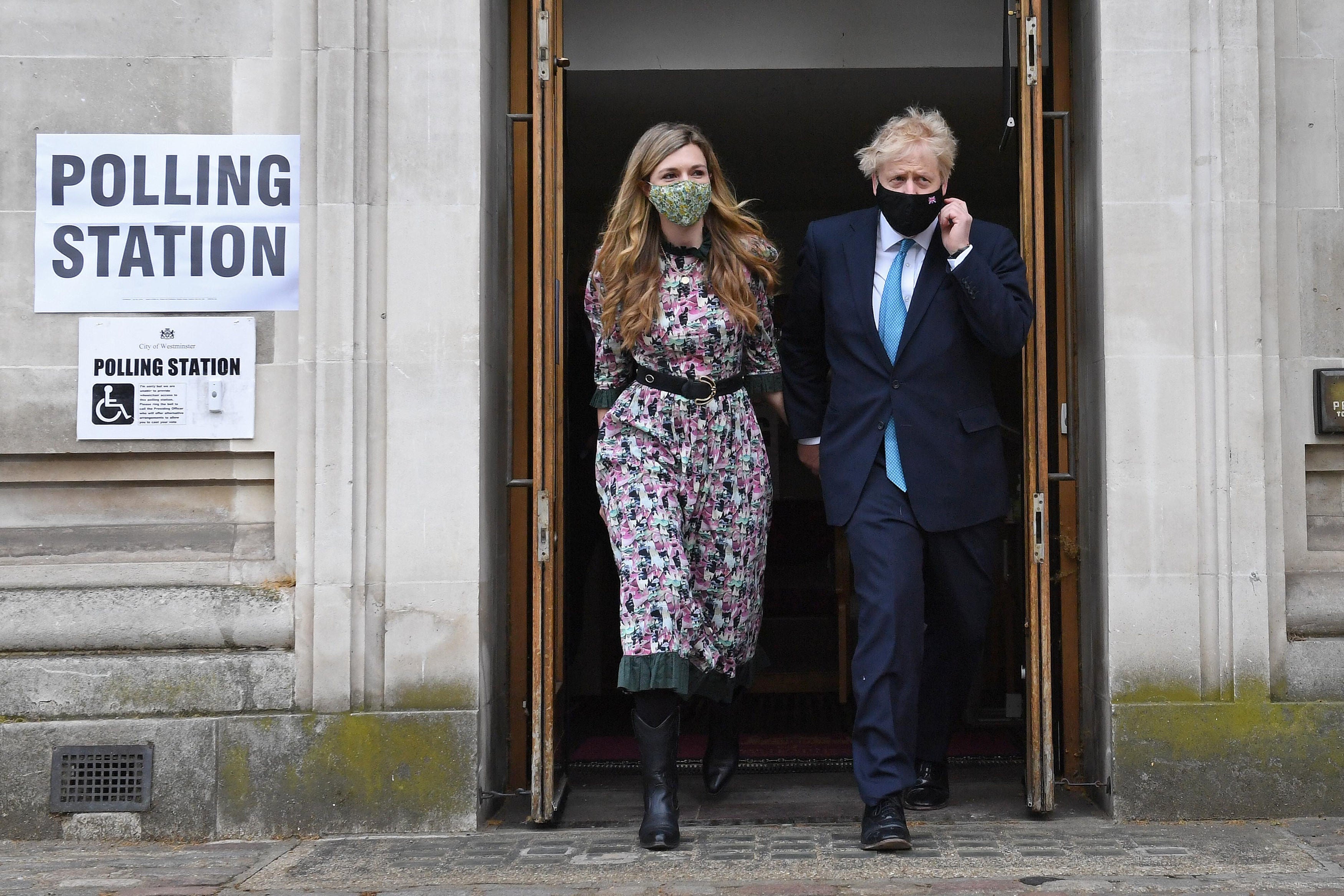How the pandemic boosted Boris Johnson’s popularity
Despite a series of major errors during the pandemic and presiding over Europe’s highest Covid death toll, Boris Johnson woke up to news this morning that his Conservative Party had won the Hartlepool seat for the first time in 62 years. Sean O’Grady explores why voters are still turning to the Tories


It seems in bad taste to even contemplate such an idea, given the grievous loss of life, almost including his own, but it would seem that the Covid pandemic has – in purely political terms – served Boris Johnson well. While no doubt longer-term trends, long predating Covid-19, including the continuing aftershocks of Brexit, helped the Conservatives in the latest round of elections, it is still true that the Covid crisis was a special factor, and a lucky one for the PM.
Imagine, for example, if many of the elections postponed from last year had somehow been held then, or, indeed, after Dominic Cummings affair. At that point, the government looked incompetent, hypocritical and worse, and Keir Starmer was starting to move steadily ahead of the prime minister in the polls. At least in some areas, there would have been an immediate protest vote, a gesture of no confidence in the government. Now, though, Johnson can take full advantage of the vaccine rollout, the relaxation of lockdown and a general feel-better factor.
Second, the crisis allowed him to dismiss Labour attacks on “sleaze” and the SNP campaign for a second independence referendum as somehow trivial or irrelevant to the big task of dealing with Covid and returning life to normal. Again, this is not an argument that could have made by Tories with so much confidence last year, when they seemed to be anything but on top of things.
Third, the Treasury’s genuinely radical response to the economic crisis helped persuade people that ministers were interested in protecting “hard-working families” as the phrase goes, from the worst effects of the slump, through schemes such as the furlough. Of course, this might in due course be reversed, and the rhetoric about “levelling up” and “building back better” might look rather empty if the economy and employment dip in the coming months, but for now, as with Covid itself, many voters seemed inclined to give the government the benefit of the doubt and accept that they were and are trying their best. Indeed, there may be some uncomfortable truth in the Johnson jibe that if the UK had remained in the EU and within the European Medicines Agency, broadly as many Remainers in Labour wished, then the vaccine programme would not have been so successful. Johnson sought to make Labour’s constructive opposition look like petty whingeing by “Captain Hindsight” and his friends refusing to back the government’s efforts to defeat the virus. The highest death toll in Europe, tragic errors of judgment and the cruel talk about “letting the bodies pile high” all seem to have been forgotten in the rush to book tables in restaurants and foreign holidays.
At this point, and contrary to all expectations, Covid has proved to be a net political bonus for Johnson, and strengthened his hold on the leadership of his party and country; and it is Labour that is asking itself some difficult questions. It is still early in the parliament, however, and, as the Covid crisis showed, “events” can throw the most confident of assumptions into doubt. The last few years have also shown how volatile politics can be, and how fast loyalties can be formed and abandoned. It isn’t much for Labour to cling to right now, but is something to lift their despair.



Join our commenting forum
Join thought-provoking conversations, follow other Independent readers and see their replies
Comments